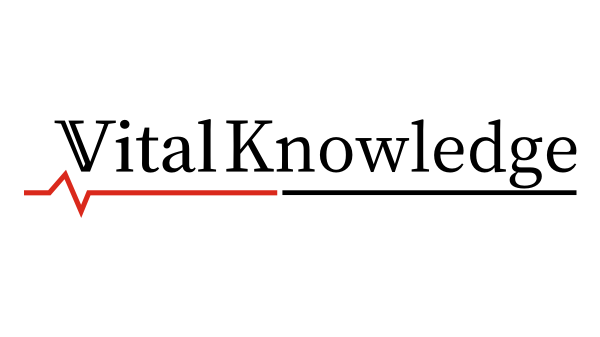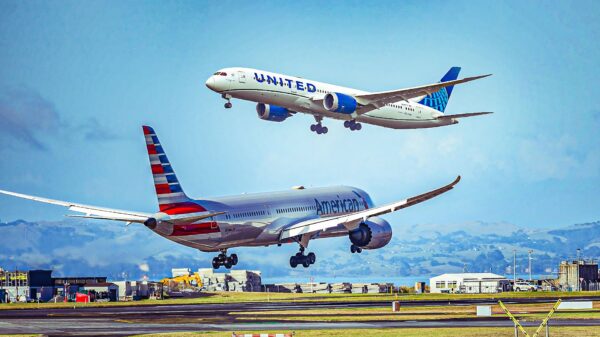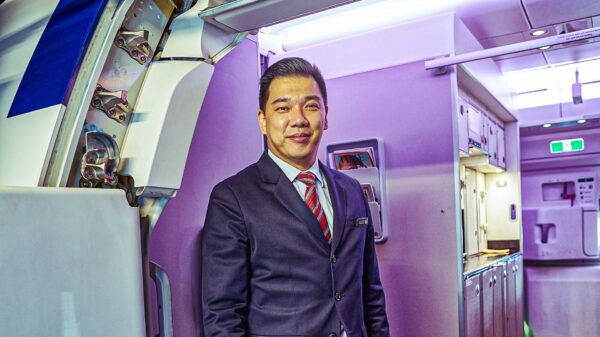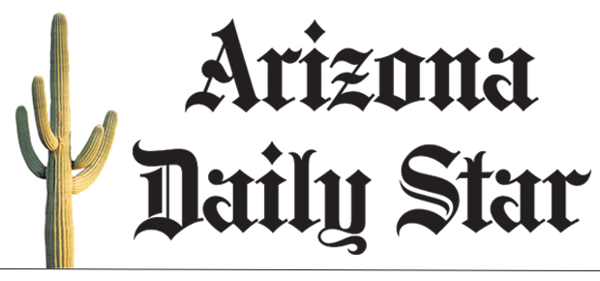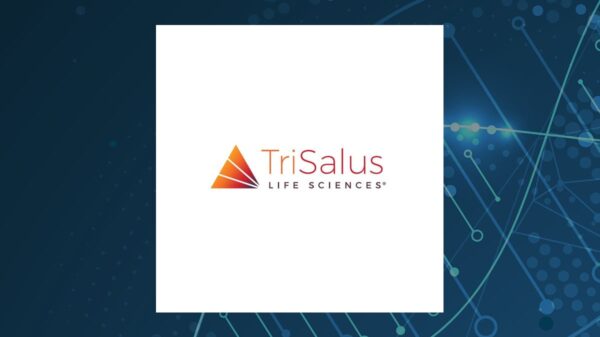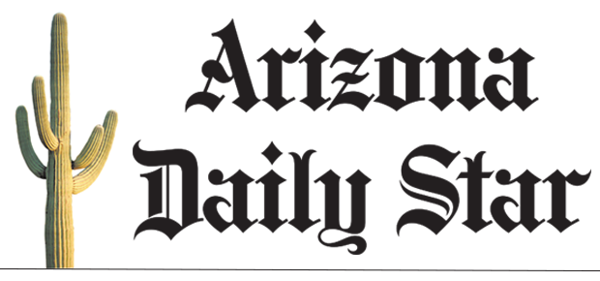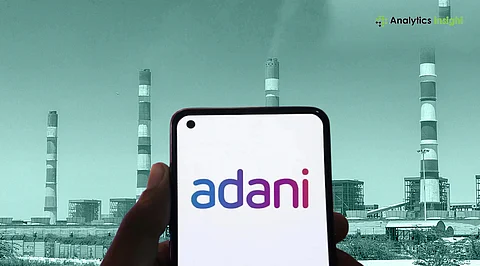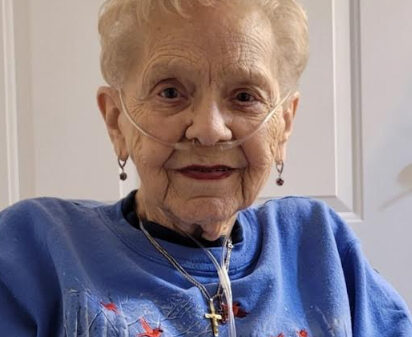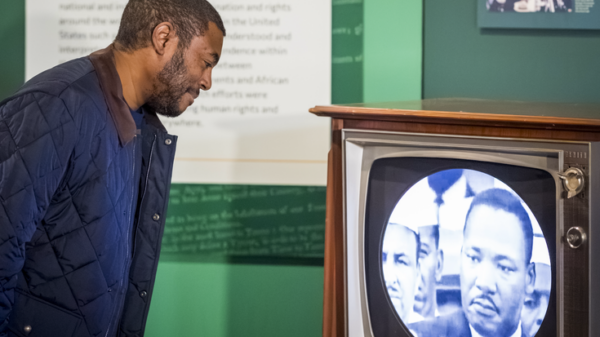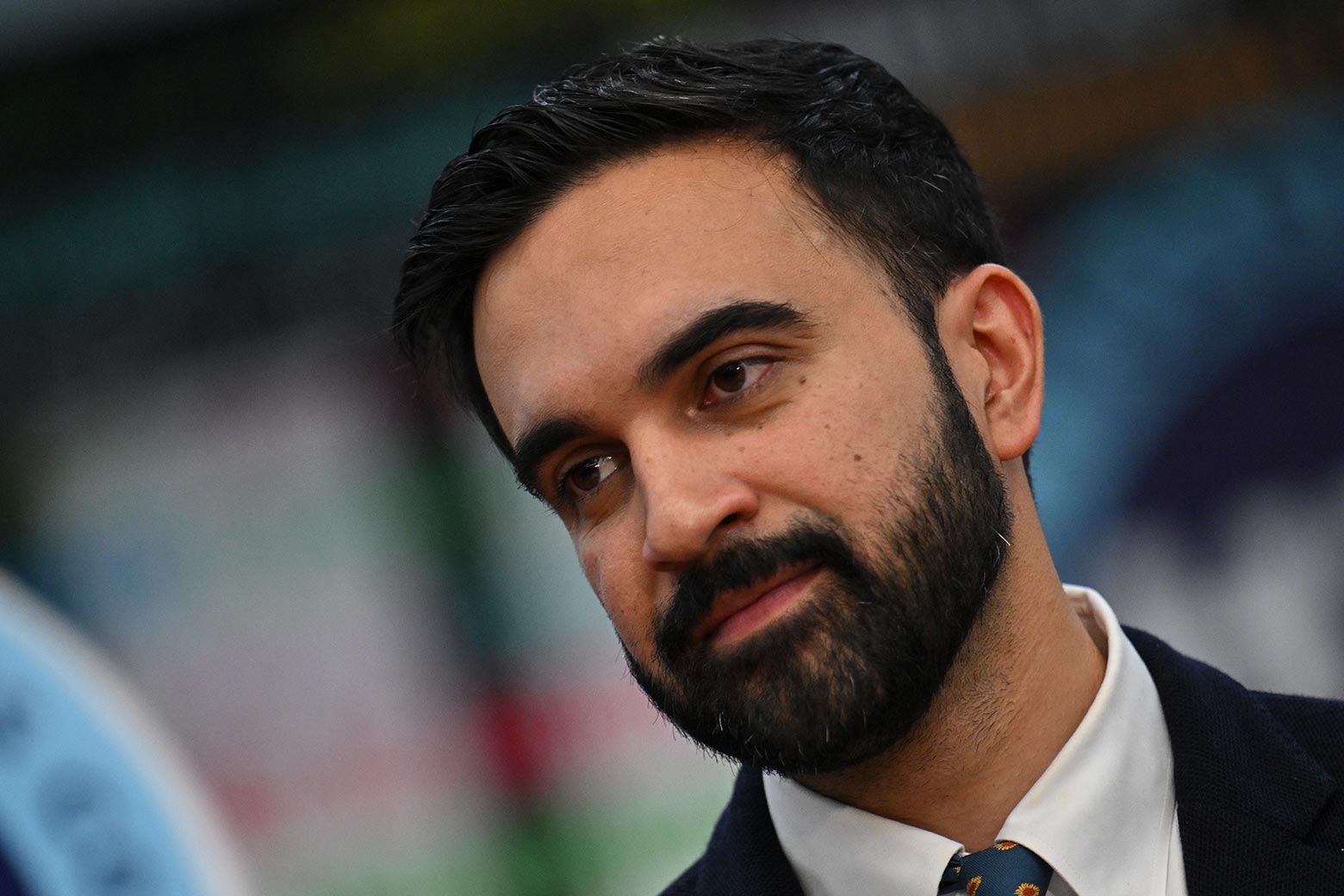After securing a victory in the Democratic mayoral primary two weeks ago, Zohran Mamdani has become a focal point in New York City’s political landscape. His ambitious policy agenda, ranging from reforming food truck permits to expanding library access, has garnered significant attention. However, his flagship proposal to eliminate bus fares stands out as a contentious issue.
Mamdani’s plan to make bus rides free in New York City is ambitious, but critics argue it may not be the best use of resources. The Metropolitan Transportation Authority (MTA) currently collects over $800 million annually from bus fares, a substantial revenue stream that supports essential operations like staffing, fuel, and maintenance. The proposal to eliminate fares would require an estimated $600 to $800 million annually, raising questions about financial feasibility and potential impacts on transit services.
Global and Local Precedents
The concept of fare-free transit is not new. Cities like Tallinn, Estonia, and Kansas City, Missouri, have implemented similar policies. In Tallinn, free public transportation was introduced in 2013, while Kansas City followed suit in 2019. Boston’s Mayor Michelle Wu also made strides by eliminating fares on several MBTA bus lines upon taking office. Mamdani himself, as a New York Assembly member, helped secure $15 million to temporarily waive fares on five MTA bus lines.
While these initiatives have led to increased ridership, the results have been mixed. In many cases, the rise in ridership primarily comprised existing transit users taking more trips or shifting from walking or biking. The anticipated reduction in car usage—and consequently, pollution—has not materialized in most scenarios. In Tallinn, for instance, car ownership surged post-implementation, attributed to rising GDP and increased car purchases.
The Financial Implications
Farebox revenues are vital for transit agencies, funding operations and maintenance. In New York City, where a third of all U.S. transit trips occur, eliminating fares would represent a significant financial shift. The MTA’s current fare collection surpasses the projected $500 million from Manhattan’s congestion pricing program, emphasizing the financial challenge of Mamdani’s proposal.
Eric Goldwyn, program director at NYU’s Marron Institute of Urban Management, highlights the potential risks:
“Funding for things like fare-free transit has to come from somewhere, and funding is fragile.”
The situation in Philadelphia, where SEPTA faces a 45% service reduction due to insufficient state funding, serves as a cautionary tale. A fare-free system could leave the MTA vulnerable to similar budgetary crises.
Alternative Solutions and Priorities
Despite the challenges, some advocates support Mamdani’s vision. The Riders Alliance, an advocacy group, considers the proposal “absolutely a good idea.” However, many argue that improving transit speed and reliability should take precedence over eliminating fares. Goldwyn suggests enhancements like bus lanes, signal prioritization, and all-door boarding could significantly improve service at a fraction of the cost.
The Effective Transit Alliance proposes that $350 million annually could ensure six-minute service on every subway line citywide. For low-income passengers, faster and more reliable service might be more valuable than free rides. A bus rider earning $20 per hour could save $10 daily if their commute time is reduced by 15 minutes, far exceeding the cost of a round-trip fare.
The Path Forward
While Mamdani’s fare-free proposal faces hurdles, his broader transportation agenda offers promising solutions. As mayor, he could leverage city agencies to enhance bus service through infrastructure improvements like bus-only lanes. His advocacy for bus-mounted cameras to enforce bus lane rules demonstrates a commitment to practical, impactful changes.
Mamdani’s other ideas, such as replacing street parking with outdoor dining and improving intersection visibility, reflect a nuanced understanding of transportation’s role in urban life. These initiatives, though less headline-grabbing than “free buses,” could significantly enhance New Yorkers’ quality of life.
Ultimately, while eliminating bus fares may not be feasible or advisable, Mamdani’s focus on transportation reform is commendable. His proposals recognize the complex interplay between transit, job prospects, public health, and living costs. As New York City navigates its transportation future, Mamdani’s leadership could drive meaningful improvements, even if fare-free buses remain out of reach.

